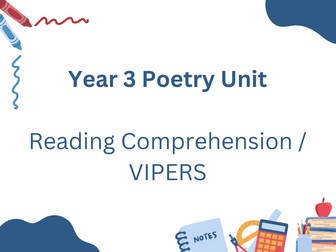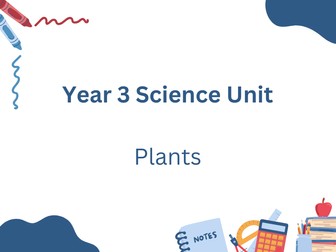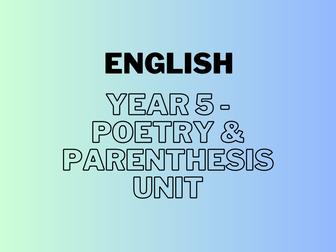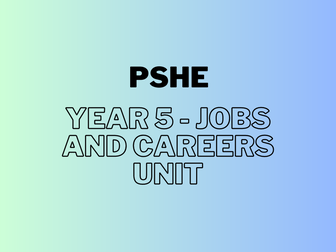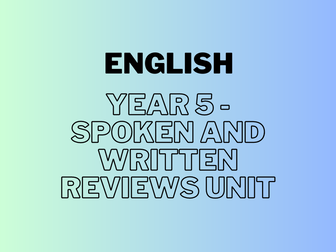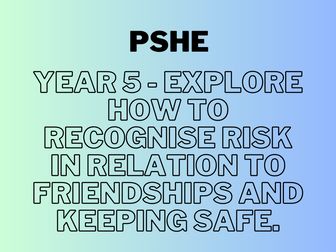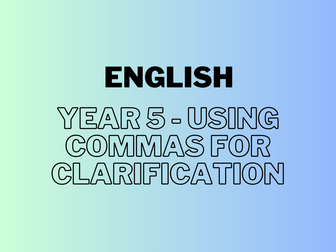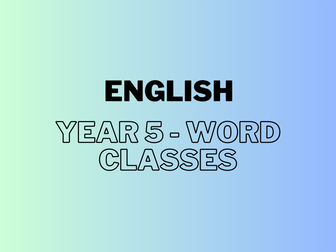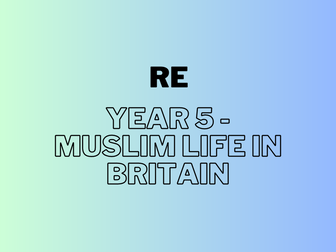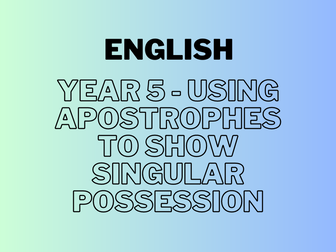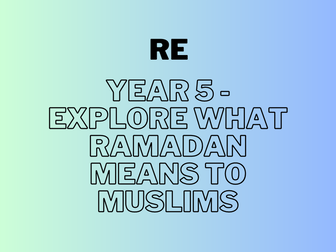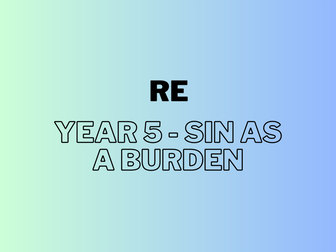Year 3 Poetry Reading Comprehension Unit / VIPERS
<p>A unit of 18 reading lessons exploring 5 different poems.</p>
<p>Each lesson is structured in the following way…</p>
<ul>
<li>Vocabulary: New and unfamiliar vocabulary from the poem is introduced to the children.</li>
<li>Reading: The poem can be read as a whole-class or by the teacher.</li>
<li>I do: The reading skills for that lesson are introduced. Two skills are chosen from: Vocabulary, Infer, Predict, Explain, Retrieve, Summarise / Sequence. These questions are modeled to the children.</li>
<li>We do: The children attempt to answer some questions either on a whiteboard, in groups, in pairs or as a whole-class.</li>
<li>You do: There are a series of questions for the children to answer independently.</li>
</ul>
